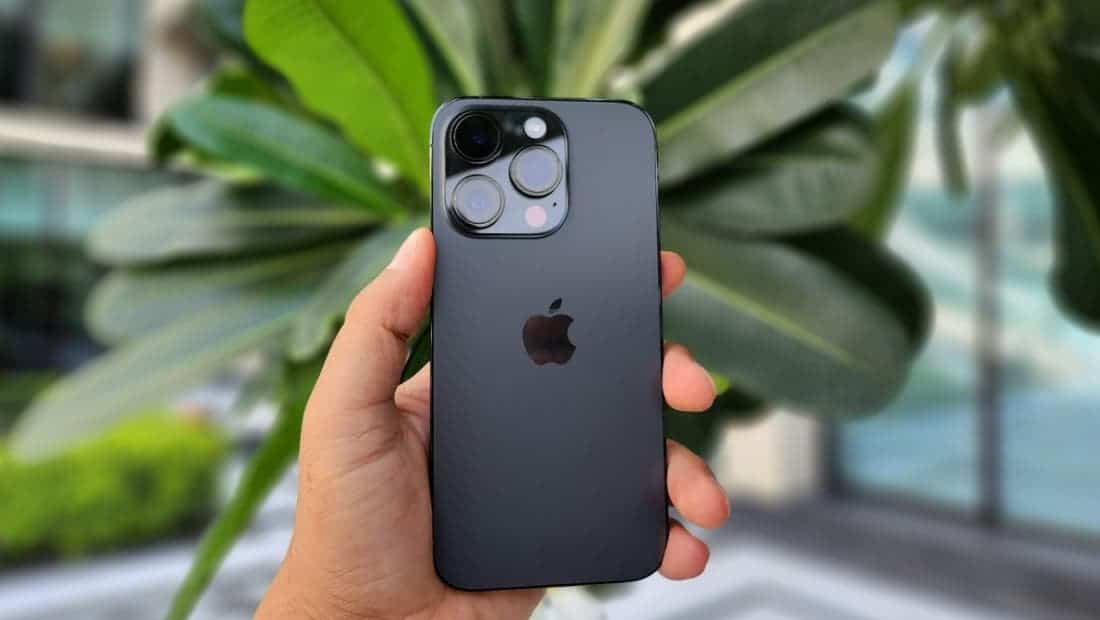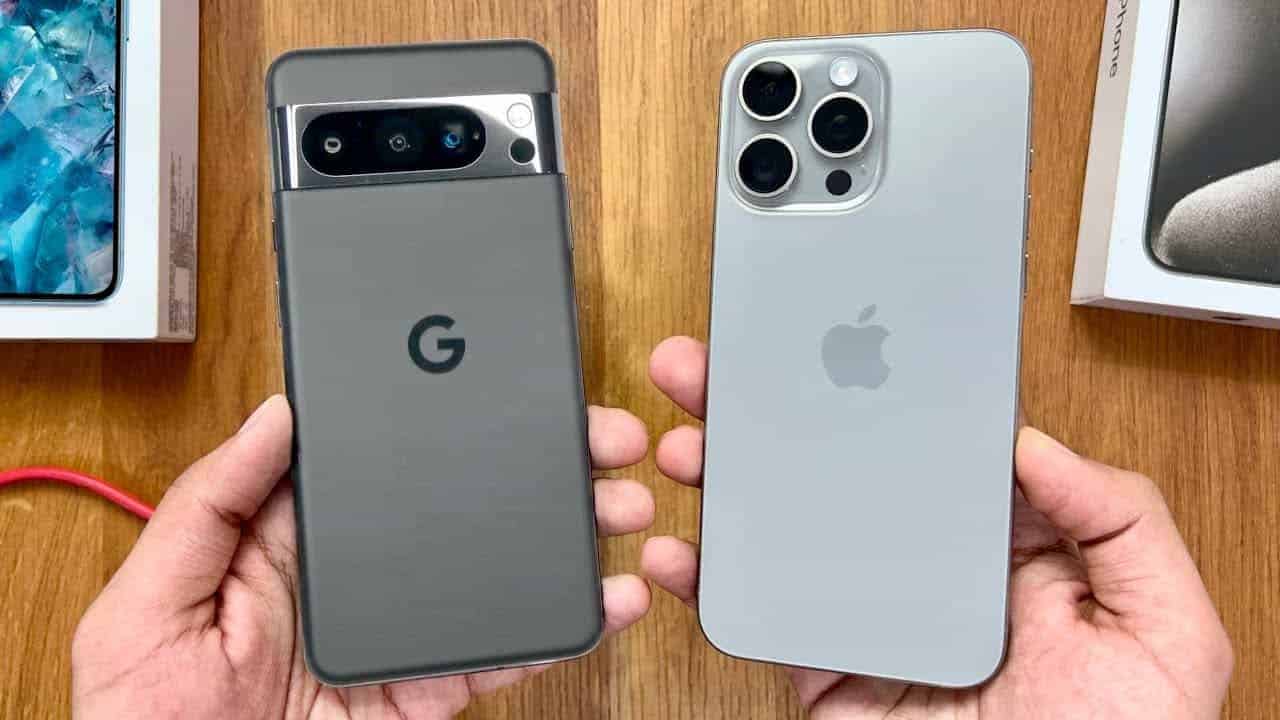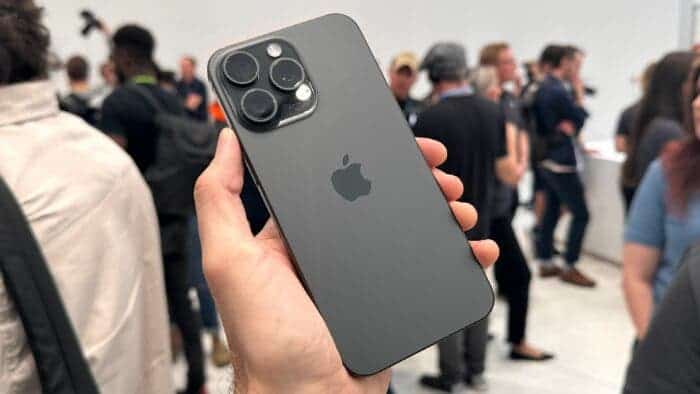Mobile phones will face huge challenges and issues without timely security updates. This is why big brands, the likes of Samsung, Google, Apple and several others are committed to releasing security updates for their devices. However, there is no standard rule that determines how long a phone will get security updates. Different brands announce the time frame that they will release security updates for their phones. In the past, for many Android brands, it used to be three years then it increased to five years. Now, the top Android brands are offering as much as seven years of security updates. For Apple, the company does not announce how long it will offer security updates. However, as mobile phones continue to increase in price, users need to know how long they will get security updates.

Apple’s Historical Reluctance to Commit to Update Support
Apple has historically been reluctant to commit to how long major system updates and security updates will be available for devices such as the iPhone. This lack of transparency has led to uncertainty among users regarding the longevity of their devices and the level of support they can expect from the company. However, a recent UK regulation has changed this dynamic. The Product Security and Telecommunications Infrastructure (PSTI) regulation requires internet-connected products, including smartphones, to provide a defined support period for security updates. This means that Apple must now announce the years of security update support for its devices.
According to the latest reports, Apple has committed to providing at least 5 years of security updates for the iPhone 15. This commitment begins on the “first supply date” of the device, which in the case of the iPhone 15 Pro Max is September 22, 2023. This means that the iPhone 15 series will get security updates until 2028.
Although Apple historically does not announce the length of its security update support, the company often gets accolades for the longevity of its software support. Some iPhones have received security updates six years or even longer after their release. This is even longer than the security service that it has currently announced. For example, the iOS 15 security update for March can run on the iPhone 6s, a device that is nearly 9 years old.

Comparison to Google and Samsung: 7 Years of Security Updates
Google and Samsung have both announced that they will provide seven years of security updates for their respective devices. This commitment ensures that users will receive regular security patches and updates for a longer period, enhancing the overall security and longevity of their devices.
Google pledged to offer seven years of full OS upgrades, including security updates, for its Pixel 8 series. This decision is due to the lifespan of the original Pixel, which showed a significant active user base until around the seven-year mark. Google’s commitment includes regular Pixel feature drops and security updates, ensuring that users receive the latest security enhancements and features for an extended period.
Samsung has also extended its support to seven years, promising seven generations of Android updates and seven years of security patches for the Galaxy S24 series. This move represents a significant improvement from the company’s previous policy of four years of OS updates and five years of security updates for the Galaxy S23. Samsung’s new policy aligns with Google’s commitment, providing users with a longer period of security and feature updates.

While this extended support is a positive trend for customers who keep their phones for a long time, there are concerns that newer features might be paywalled in the future, requiring a subscription. The promise of longer software support does not guarantee access to all new features, which could be disappointing for consumers. Also, the distinction between free and paid features might lead to a tiered system where paying users get exclusive access to advanced features.
The Closed Ecosystem Advantage
One reason for Apple’s ability to provide better security support is its closed ecosystem. Whenever a new version of iOS is available, the system can quickly spread to a large number of mobile devices and continue to provide software update services for many years. This centralized update model ensures that more consumers can experience the convenience and efficiency brought by the latest technology for the first time.
Android’s Update Challenges
In contrast, Android’s update adaptation faces many challenges. The fragmentation caused by market segmentation and the asynchronous support of software updates by various manufacturers makes the popularization of new versions relatively slow after release. This can lead to a significant delay in receiving security updates for Android devices, making them more vulnerable to security threats.
Android’s update challenges are further exacerbated by the sheer number of devices in the market, each with its own hardware specifications and customizations. This diversity makes it challenging for Google to develop updates that are compatible with all devices, leading to delays in the rollout of new versions. Also, some manufacturers may choose to prioritize their software features over timely updates, further slowing the adoption of new Android versions. This can lead to a situation where a significant portion of Android devices are running outdated versions, leaving them vulnerable to security threats and limiting their access to the latest features and improvements.
Conclusion
Apple’s commitment to providing at least 5 years of security updates for the iPhone 15 is a significant step forward in terms of transparency and support for its users. While it falls short of the 7-year commitment made by Google and Samsung, Apple’s track record of providing better security support than Android devices suggests that users can still expect a high level of security from their iPhones.





